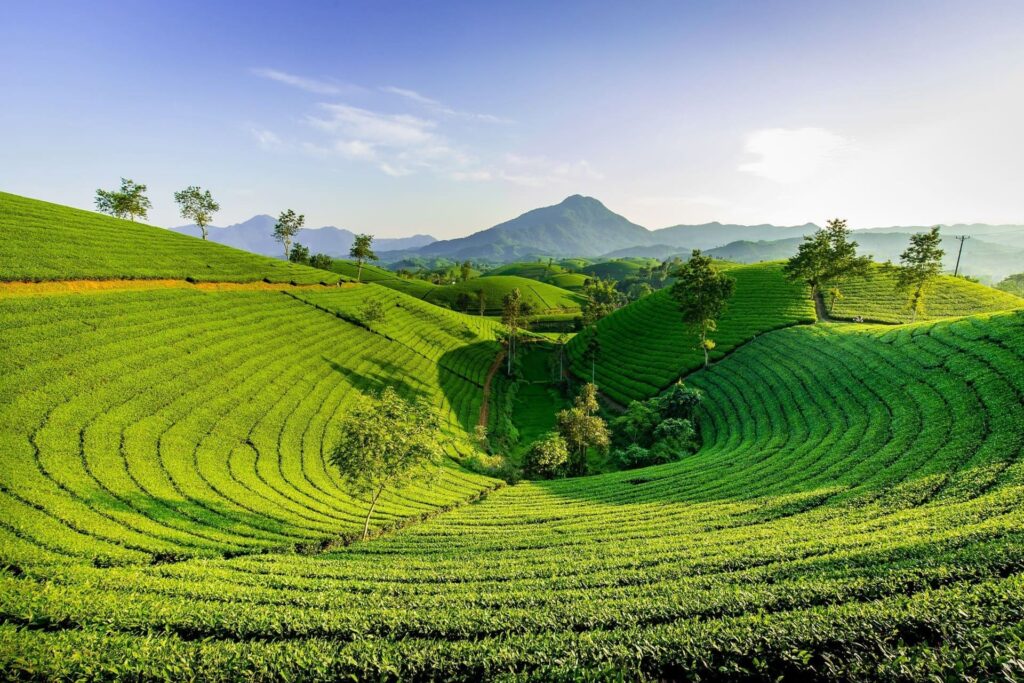We all know that climate and its changes affect the trees and animals and everything on this earth. The tea leaf, a major export crop of the world, cannot escape the effects of climate. Due to changes in temperature and rainfall, the taste, aroma, and quality of tea, a popular drink around the world, has also started to change. Therefore, the careers of people engaged in the tea industry for their livelihood have also been affected.
To find out about this, a group of researchers led by Colin Oriens, a biologist at Tufts University in America, has started a four-year study. The study first examines how climate change affects the chemical compounds that contribute to tea’s stimulant, sensory, and health properties. This research is based on preliminary research carried out earlier in Yunnan province in southwest China. It is a well-known opinion that there is a high concentration of antioxidants in green tea, which is popular in China and Japan. Therefore, green tea is thought to help prevent or control many health problems related to the heart, blood sugar, and digestion.
“Tea quality is determined by a range of secondary chemicals that depend on climate change. Therefore, climate change can have a strong impact on the tea market. People buy and drink tea considering certain qualities. If those qualities are not there, they will refrain from buying tea.” says Oriens, the biologist. The results of the study are considered to help scientists as well as growers to understand the impact of climate change not only on tea but also on other cultivated crops such as grapes, and cherries.
In addition to studying chemical concentrations in tea, researchers are also surveying to find out about tea drinkers’ reactions to inferior tea. Also, researchers are looking into which farming methods should be adopted to reduce the impact of climate change.
Oriens believes that tea is well-suited to the study of fundamental problems related to plant biology, including how external conditions affect the way a plant uses its resources. Researching the complex combination of bioactive compounds (phytochemicals) found in plants that contribute to the flavor of tea is more important than testing to increase commercial crop yields. Therefore, the province of Yunnan is the most appropriate to conduct research in this regard because its green tea is considered to be of great quality.

